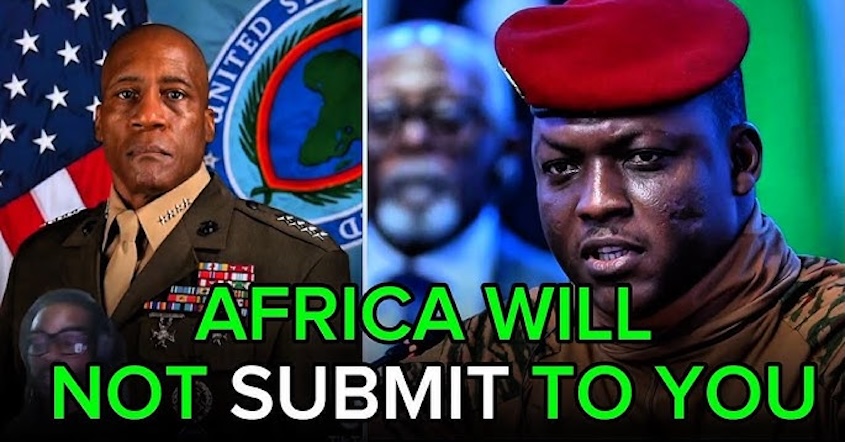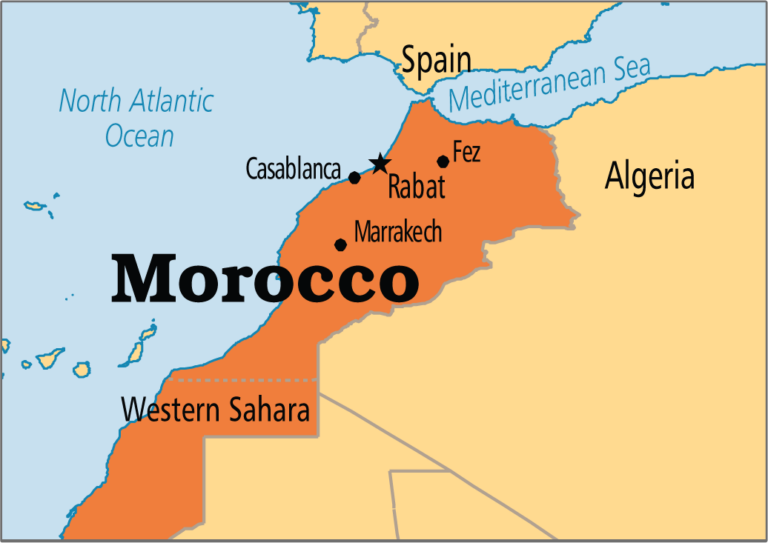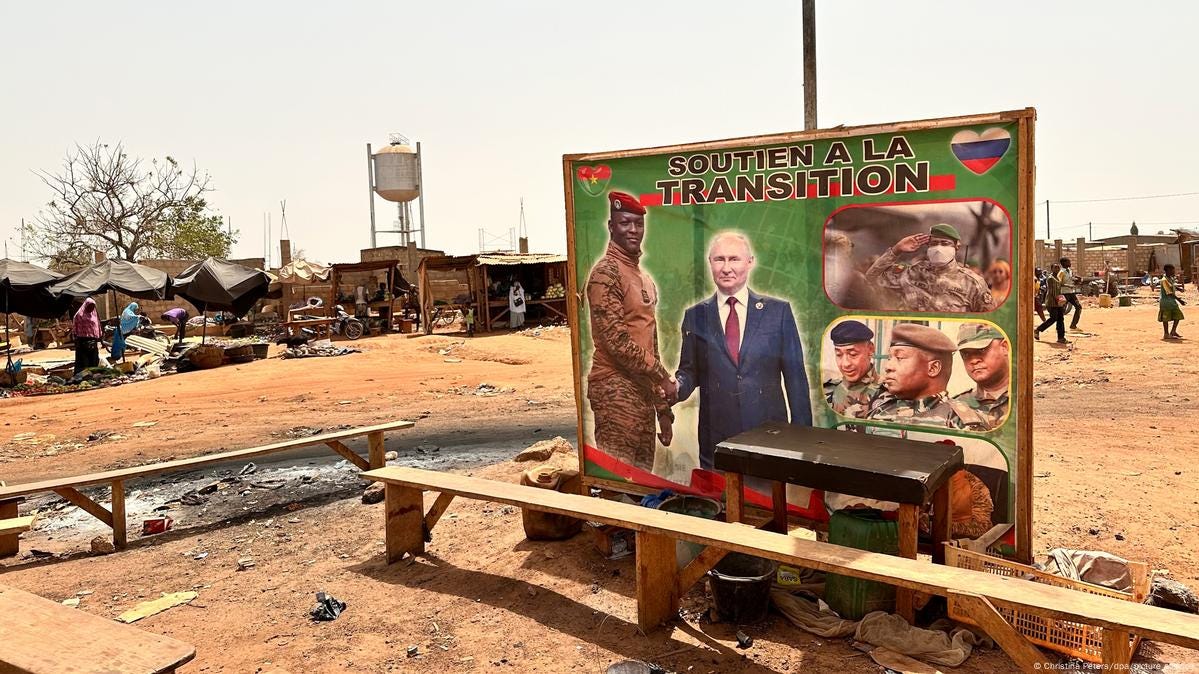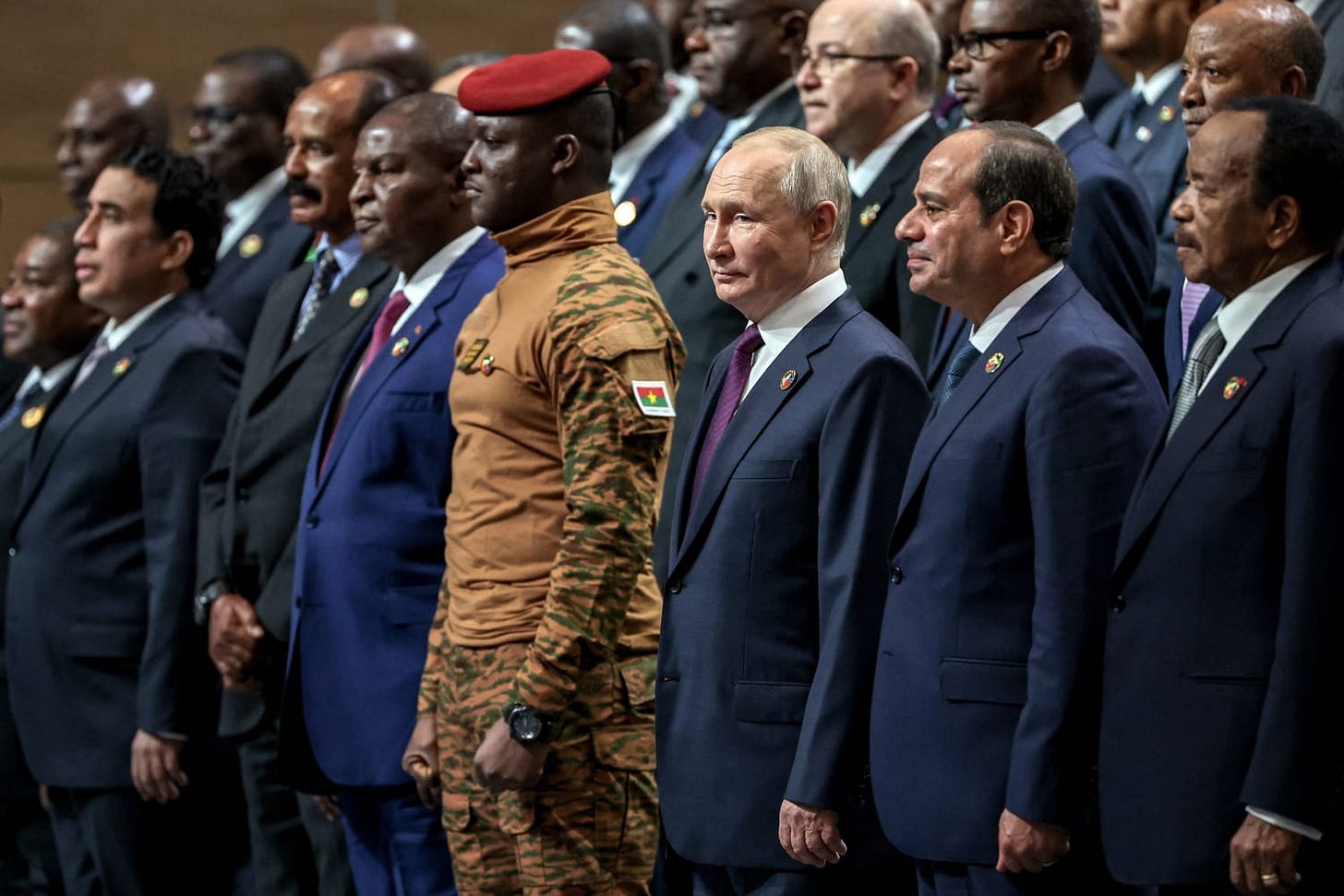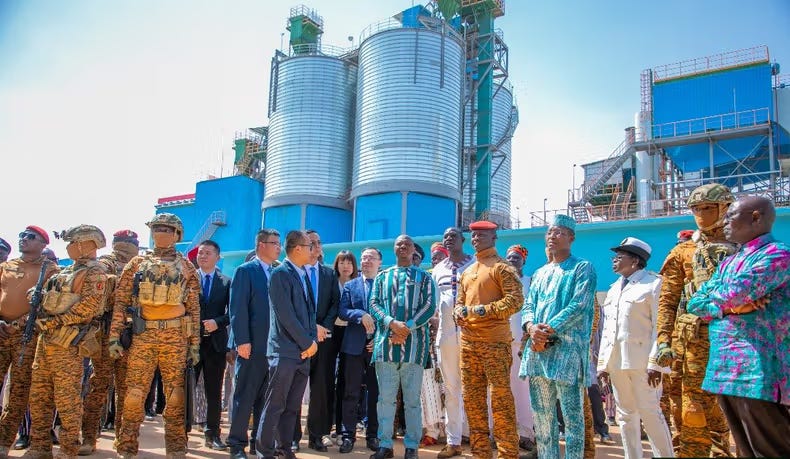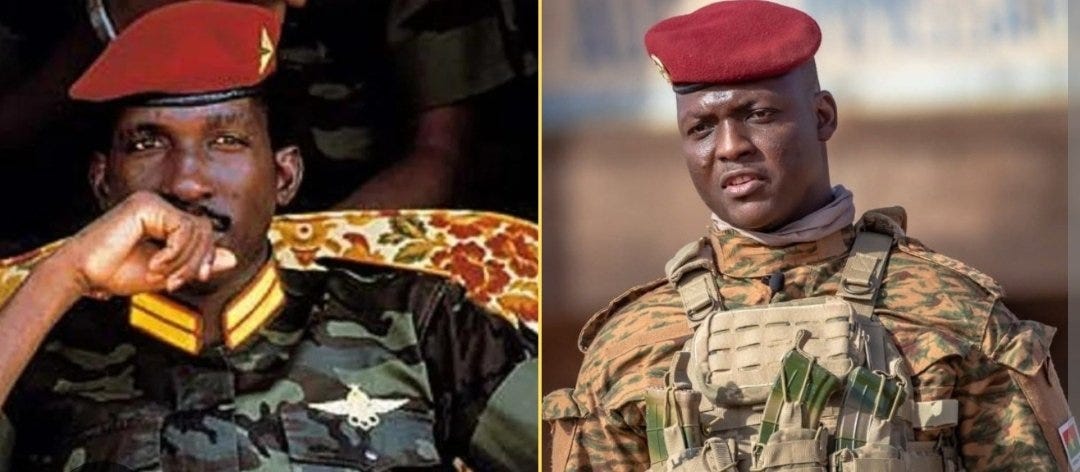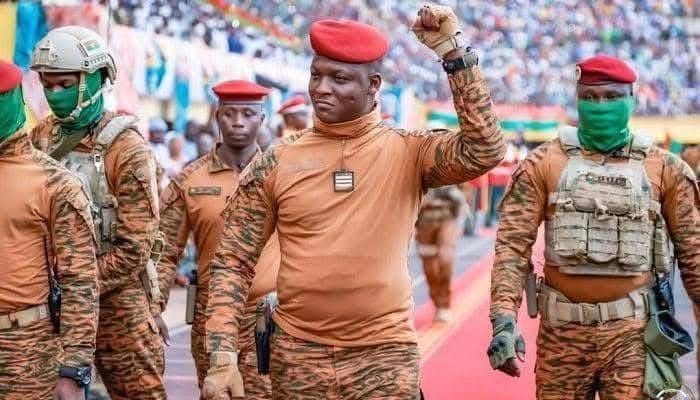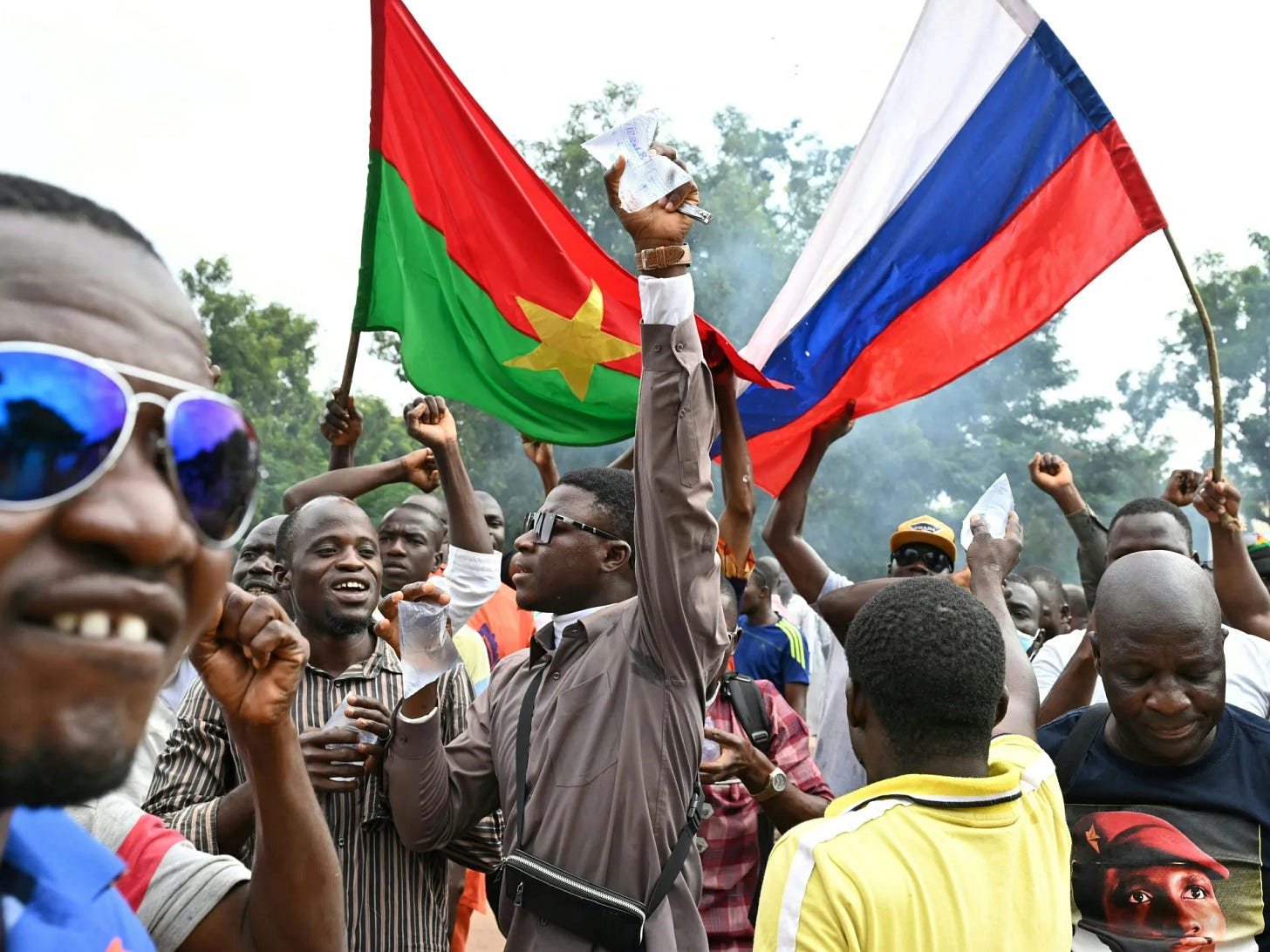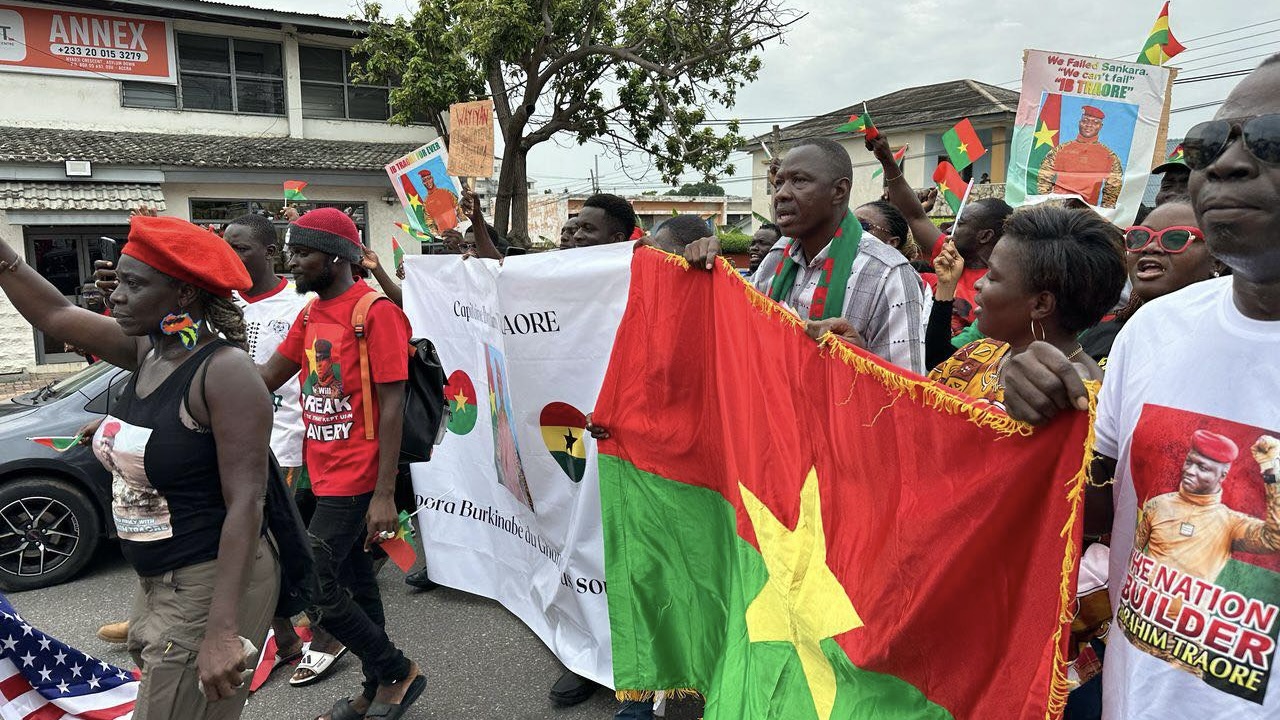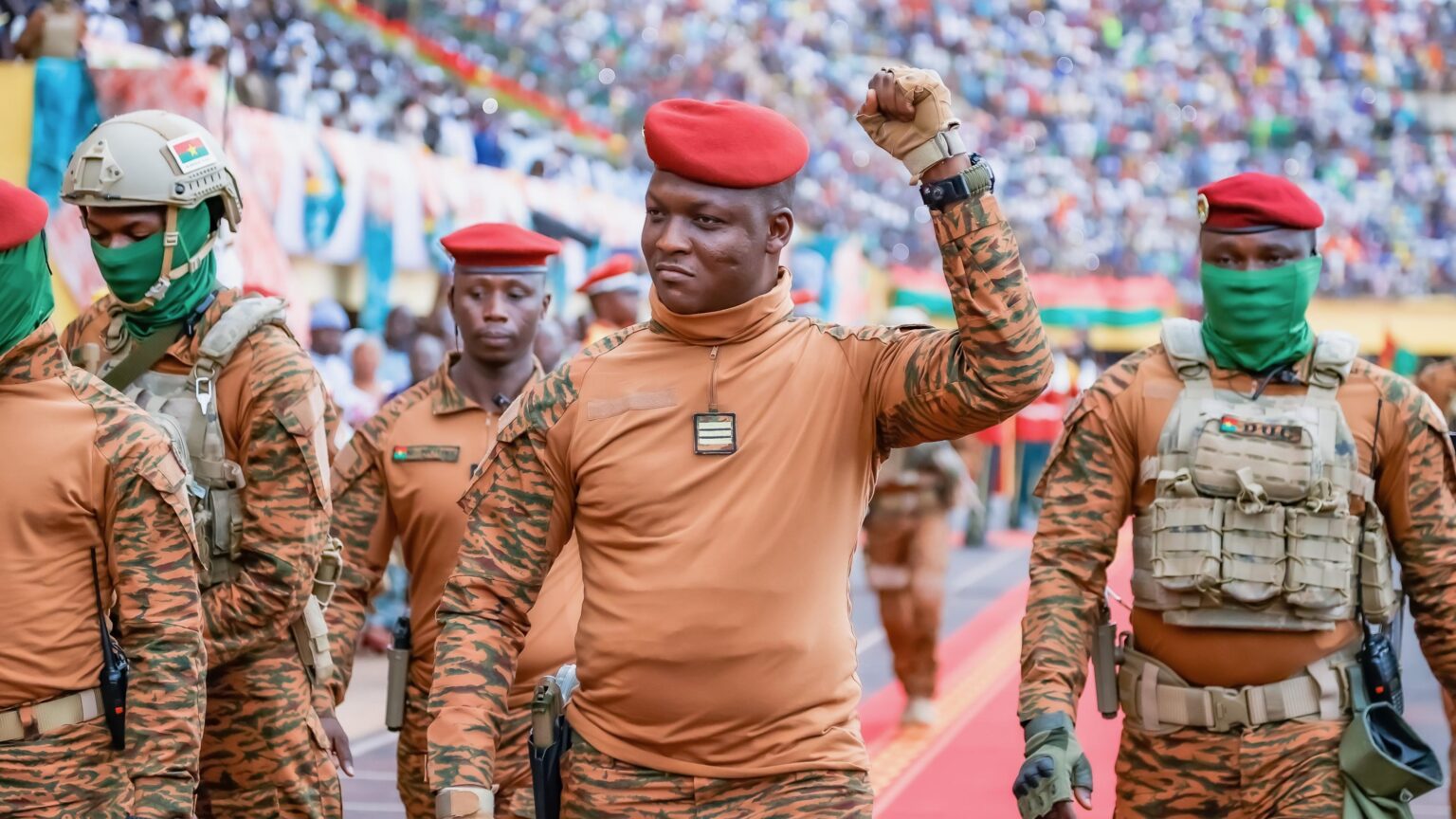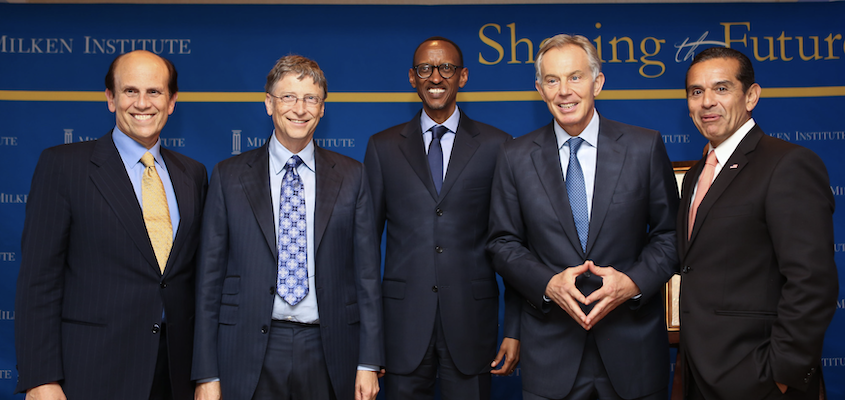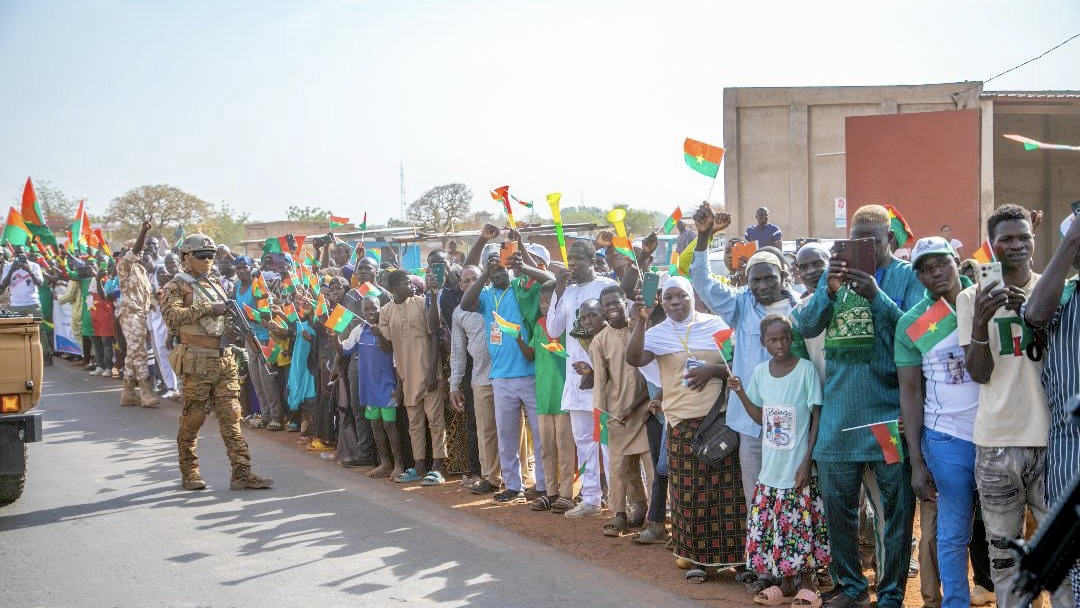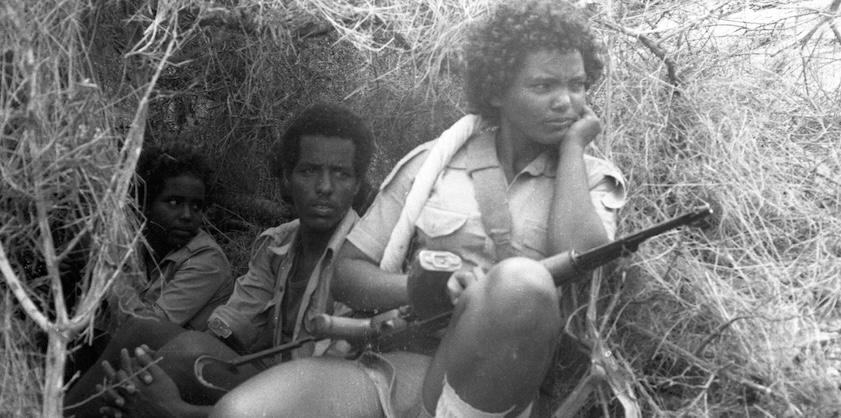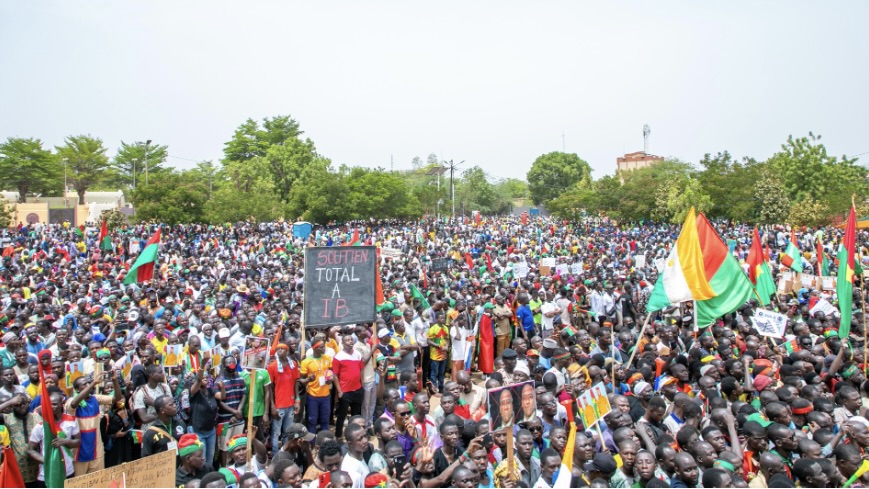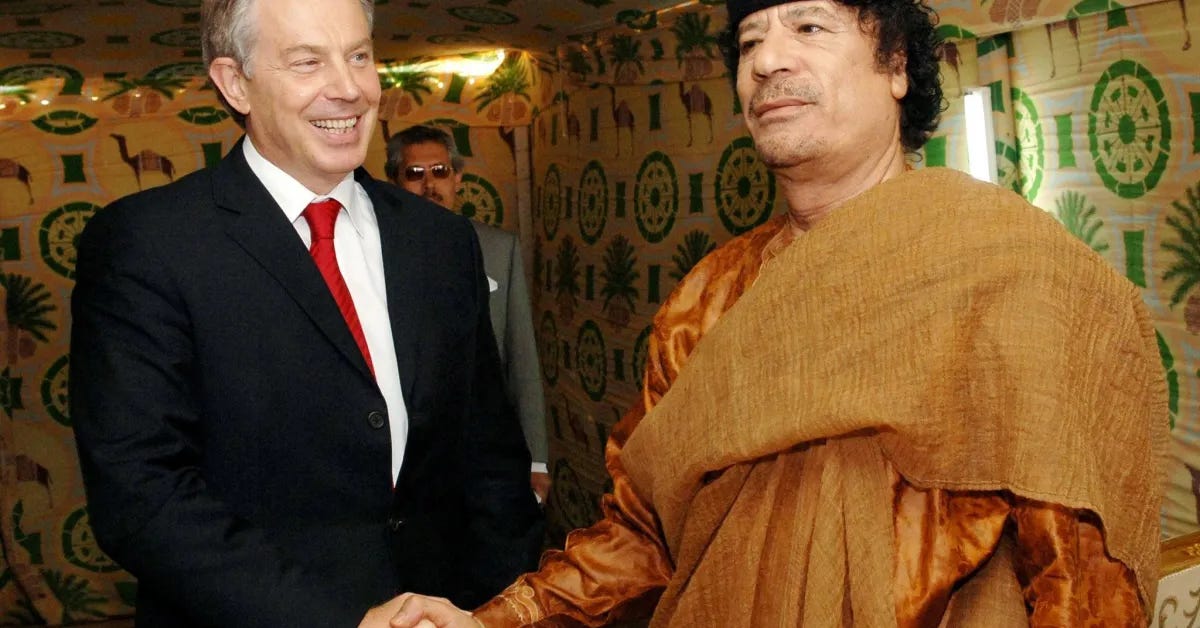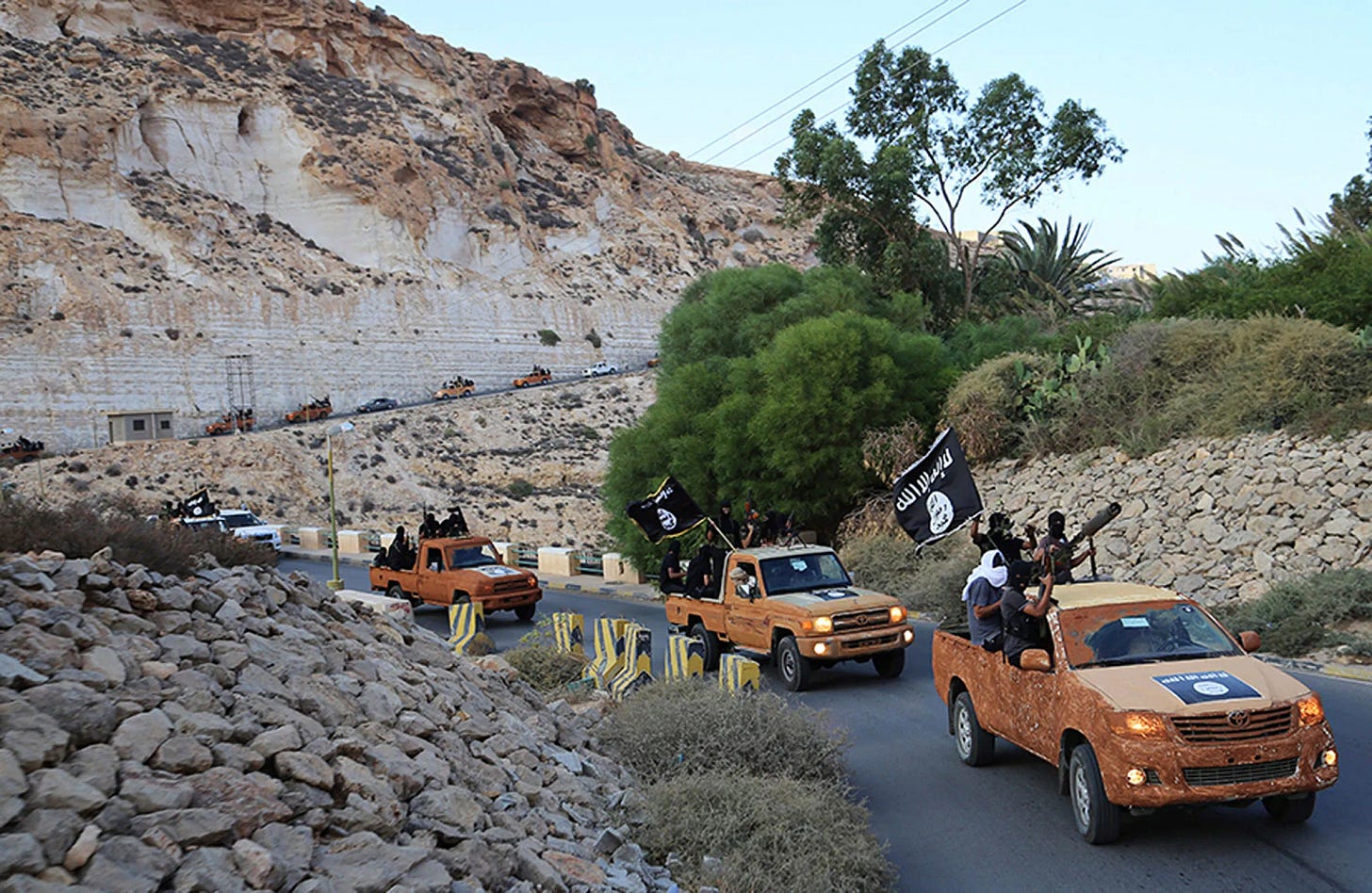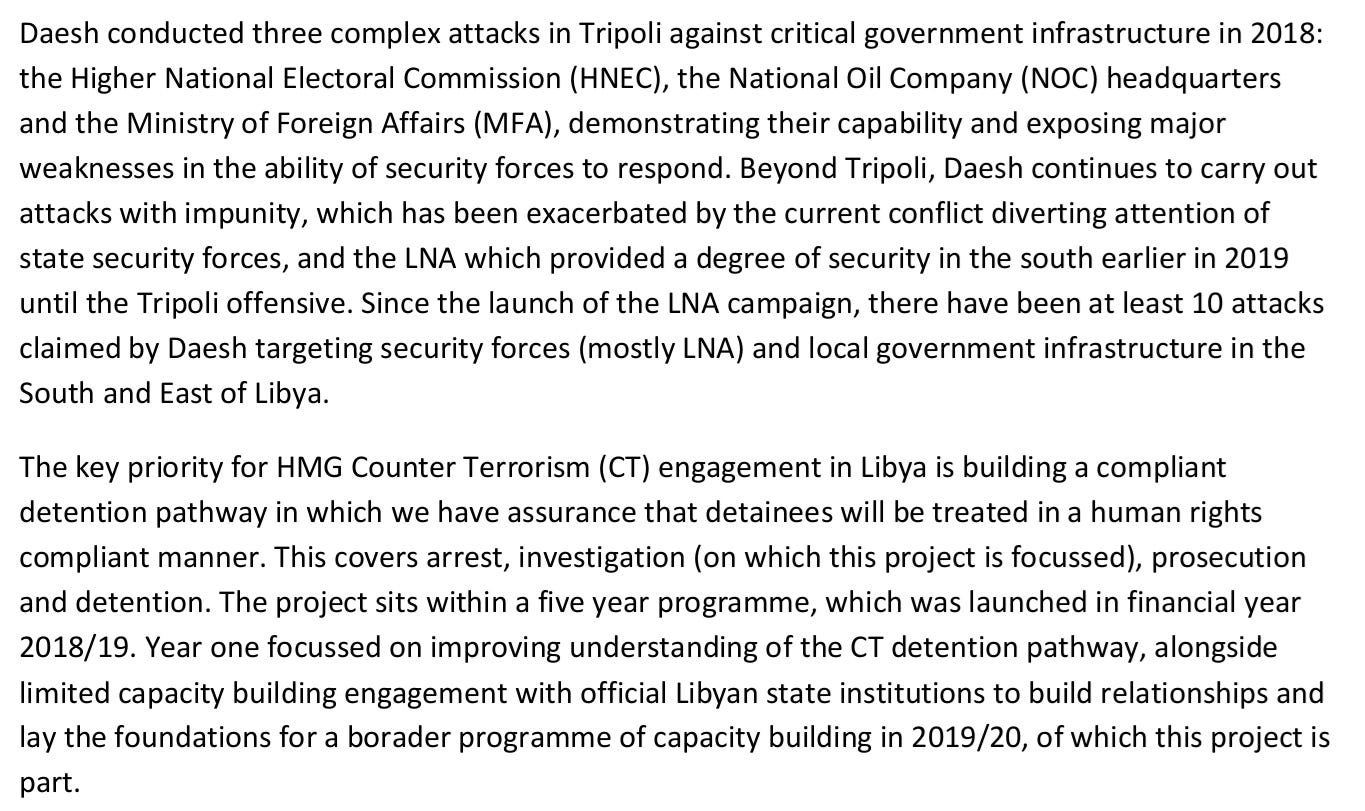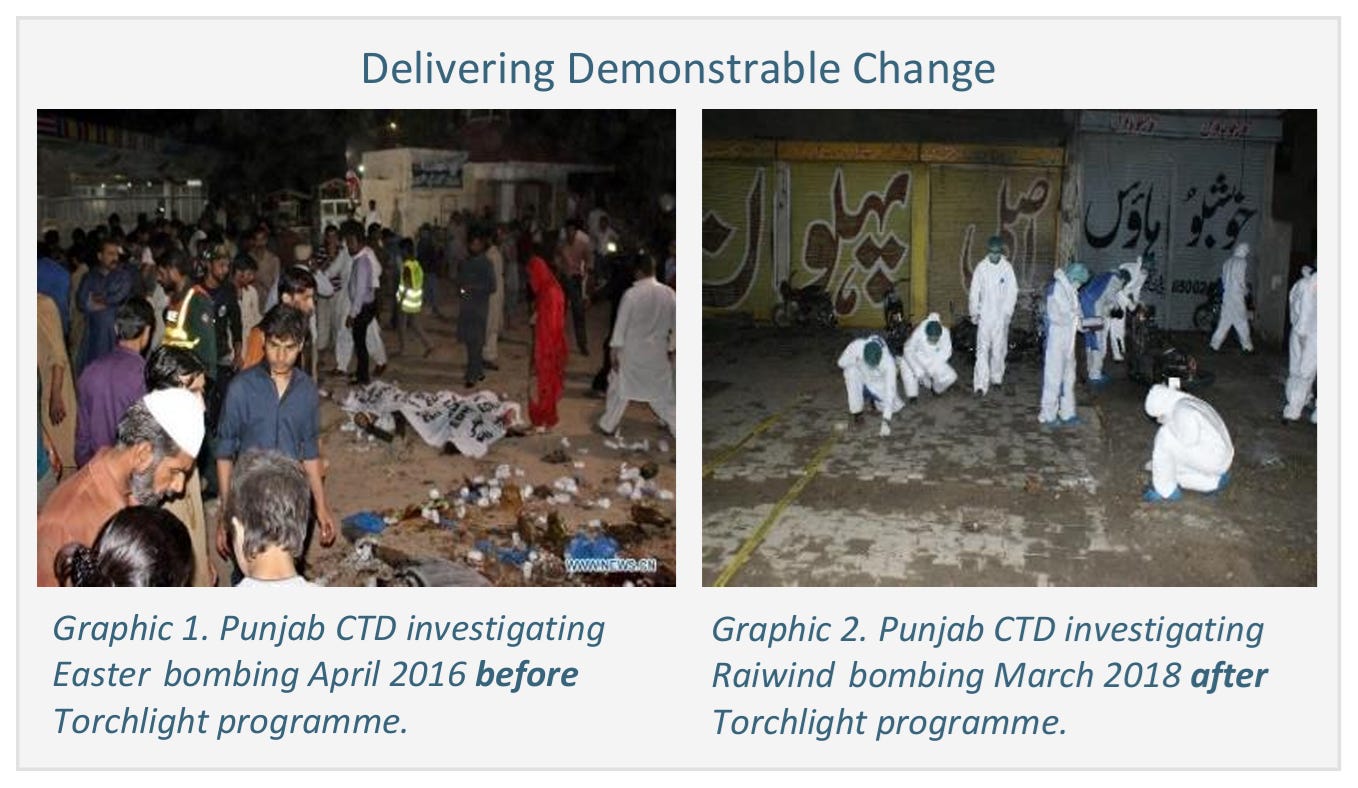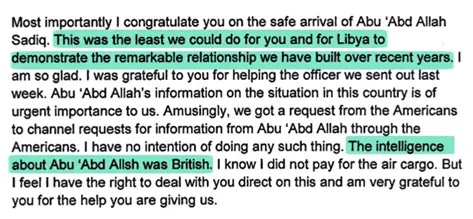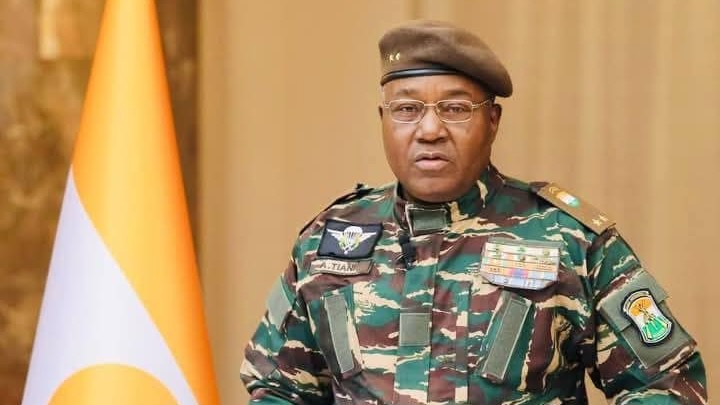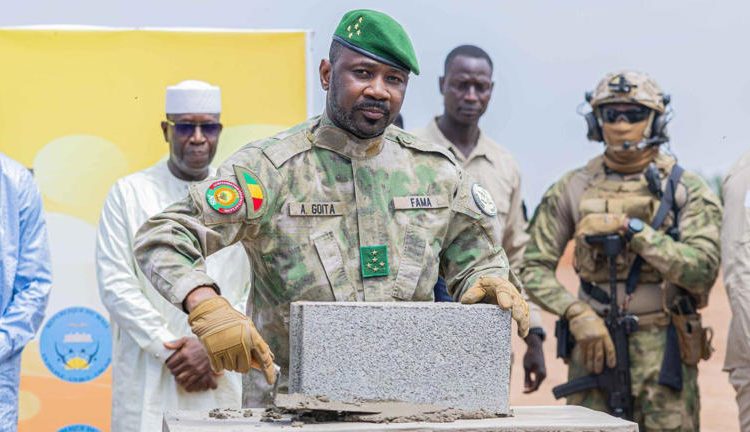Posted by Internationalist 360° on April 23, 2025
Essam Elkorghli

Pan-Africanism or barbarism! Given the colossal human suffering in Palestine and Congo, the people of Global Africa must take position on the liberation movements in the Sahel and anti-people reactionary regimes that serve imperialism and Zionism.
Conditions across Global Africa must be noted. Why do we produce what we do not consume and consume what we do not produce? Why is the force that is expanding across the African continent (US Africa Command, AFRICOM) supports the genocidal entity and has used its dollar hegemony to sanction the prosecutor of the International Criminal Court? And are we doomed to be confined to this vortex of violence or is there a revolutionary potential at this multipolar moment? Regardless how close or far, physically and intellectually, an African is from these articulations, they speak to symptoms found across much of Global Africa and therefore they necessitate a renewed analysis to better tackle such conditions through a revolutionary vocabulary.
According to Western Mass Media (WMM), these conditions are discrete and are not caused by a remnant of colonialism nor are they proliferated by the peripheral conditions the masses exist in. This is why the relaunch of Pambazuka News at this moment in time is much needed for it to be the avant-garde of Pan-African analysis. Since its hiatus in 2019, a void has been filled by aggressive liberal campaigns bankrolled by imperialist forces thanks to the US dollar hegemony. So, how can we understand the aforementioned conditions of Global Africa with a revolutionary Pan-African vocabulary?
“Imperialism Walks on Two Legs: Financial and Military”
Pambazuka News’ special issue on imperialism and multipolarity is timely because it pegs us to situate these terms because of their relevance to historical and present-day conditions of Global Africa. Take the case of Mali, which is extremely rich in gold, to have drastically fewer gold reserves than its former colonizer, France — a country with no gold mines of its own. How did this come about? Why does it persist? And is Mali an anomaly in this political-economic condition?
Since the independence of Mali, the country has been mired by a financial contradiction, which is the lack of monetary sovereignty, imposed by France through intimidations, destabilization campaigns and even assassinations and series of coups d’état to its neighbors who use the CFA. Furthermore, the country has been engulfed by colonial agreements where the mines are owned by foreign countries while the Malian people are used as cheap labor for extractive purposes. And when the question arose that the Malian people should revolt against such system, WMM launched a media campaign that these foreign enterprises are providing jobs to impoverished Africans, while neglecting the fact that the profits are deposited in French and other European banks.
This condition of raw material extraction to the core of imperialism only for it to be remunerated in pittances is not confined solely to Mali. Other countries are forcibly subjected to such conditionalities. Being an export-dependent country for national development leaves economies prone to the whims of sanctions on exporting countries and recessions of the importing countries. The post-colonial states were not able to access the needed technology of industrialized economies to extract the natural resources and produce them in their final form as consumer goods. Ghana exports cocoa, yet the biggest chocolate producers are spread between Germany, Belgium, France, and Switzerland. Botswana extracted arguably the world’s largest diamond only for it to be shipped faraway across the Atlantic to Canada and the profits usurped by the Canadian transnational company, Lucara[ii]. Libya, the holder of the continent’s largest oil reserves extracts crude oil, ships it to Europe to be refined, and then buys it back. When Africa sought to launch a golden-backed currency, NATO bombed the country for spearheading that effort[iii]. Then imperialism persevered the lack of technology and industry transfer through its monopoly capitalism that gatekeeps the deterritorialization of technology because of so-called patents and copyrights. The African people and Pan-African leadership to fissure from this system are fiercely met with sanctions, thanks to financial monopoly, bombed, thanks to militarism, and coups d’etat instigated by imperial forces as exemplified in the overthrow of Lumumba, Nkrumah, Sankara, and Qaddafi.
Imperialism and monopoly capitalism go hand in hand with militarism as a necessary component to maintain the subjugation of African people. Since the destruction of Libya by NATO forces because of its revolutionary politics and Pan-Africanism, the country has been buried by an avalanche of arm flows that the so-called rebels have sold or trickled to its southern neighbors to instigate the destabilizing violence in the Sahel. This destabilization legitimized the self-invitation of France and other NATO countries to begin operating across much of the Sahel states. The US-Africa Command in 2011 operated in a few countries that can be counted on a single hand. But since the destruction of Libya and its sanctioning, the country’s contributions to the African continent and the African Union are circumscribed, and AFRICOM has expanded to nearly fifty countries. It must be also stated that AFRICOM is not a friend of the African people: it has killed numerous civilians in Libya and Somalia with complete impunity[iv] and carried out an act of piracy and imperialist gangsterism by kidnapping a civilian airplane in Cape Verde just because it has a business contractor associated with Venezuela[v]. AFRICOM’s expansion in Africa is an invitation for the USA to expand its oppressive police state to the African continent through camouflaged rhetoric of fighting terrorism and promoting stability, democracy and freedom.
The Intersecting Triad of Imperialism, Zionism and Reactionism
The loss of human life at the hands of imperialism just to maintain its hegemony is not something happening mistakenly and randomly like the WMM would tell. Look at what is happening in Palestine. In the West Bank, the worst application of surveillance, apartheid and ethnic cleansing is taking place while the settler colonial entity is using the Palestinians as a human laboratory to experiment on them the most inhumane technologies of oppression[vi] which gets then transferred and practiced on African people globally, including in the US[vii]. Meanwhile in Gaza, even the usual pro-West organization, Amnesty International concluded that the settler colonial entity is committing genocide against the people of Palestine[viii]. The whole collective west and its mantra of the sanctity of human life and protecting civilians not only turned a blind eye towards the genocide, but they sent weapons, money, logistics, and joined the propaganda warfare to legitimize the genocide. And even when the International Criminal Court issued arrest warrants against the Prime Minister and Defense Minister of the Zionist entity, the US have put the prosecutor on the sanctions list[ix]. This is happening because a steadfast people rose up to liberate themselves from the shackles of apartheid, which the settler colonial entity has been ascribed to[x]. The liberation of the people of the Global South, be it in Africa, Latin America or Asia threatens imperialism, and this is our fate; if we do not consolidate our efforts, financial and military to combat this barbarism, we will be next.
Unfortunately, many Africans see this national liberation through a religious lens, a battle between Muslims and Jews, or worse a fight between Arabs of “North Africa” and a “Jewish state”. These two groups of people have lived peacefully for centuries; the Islamic caliphate defended Jews’ persecution after the fall of Andalusia, and they coexisted in Palestine through numerous epochs. Until the Europeans committed the most horrendous crimes against Jews in Europe through the Holocaust, the British Empire decided to forcefully implant a settler colonial entity on Palestine that does not recognize borders and serves as a military outpost for the US army. The existence of this entity in its current imperialist fashion is a threat to Global Africa. When South Africa was under apartheid, the Zionist entity supported them financially and militarily; they also funded the separatists in Nigeria. Further, the Zionist entity has an ever-expansionist aspiration, that infringes on African borders too. The idea of the “Greater Homeland” expands the entity’s borders until they seize the Nile River. They attempted to materialize this when they colonized the Sinai Peninsula in 1967. In addition, this entity is contributing to the exploitation of the people of Congo by supporting the onslaught by the Kagame regime of Rwanda, which the US enables through ease of sanctions on the entity’s transnational exploitative companies[xi]. The Zionist entity’s existence is an extension of imperialism as long as Palestine is occupied by such an entity.
And the masses ought not to be fooled by the divisive language of imperialism that attempts to separate the people of Africa through racial lines, with the lighter skinned Africans as “Arab” or “North African” while the rest is “Sub-Saharan”. This racist articulation did not include South Africa when it was under apartheid; after 1994, South Africa became part of this “Sub”[xii]. This separation attempts to de-Africanize[xiii] northern Africa from the rest of Africa, while making the rest of Africa disassociated from its northern neighbors. If the fate of Africans were to be indeed separated as such, then the US-Africa Command (AFRICOM) would be divided and called “Sub-Saharicom” and “Arab-Fricom”. But just as imperialists consolidate their military operations across the continent, we must strive for continental unity that counters the imperialist division.
Given that imperialism and Zionism have inflicted so much harm to the people of Global Africa, it would be remiss to present this as solely foreign actors conducting these acts against the people. We must recognize the national bourgeoisie and the reactionary leaders who are worried more about appeasing the collective west while using their militaries to oppress the people. The reactionary regimes across many African states enable this form of imperialist maldevelopment — cheap labor coupled with raw material extraction in return of regime protection to stifle the people’s revolution. These reactionary leaders of Malawi and Kenya have gladly substituted exploited Palestinian workers in the Zionist entity’s farms by sending their own people to satisfy the Zionist economy’s demands[xiv]. Kenya’s Ruto has taken his country’s army thousands of kilometres away to oppress the people of Haiti and their struggle for liberation, awarding his country the shame of becoming a Non-NATO Major Ally.
Pan-Africanism or Barbarism!
This is not just merely an issue of leadership and governance that the WMM tries to present; it is an issue of Pan-Africanism or barbarism. It is a matter of political consciousness, knowledge of history, and will. The people of South Africa are being demonized today because they themselves felt the brunt of apartheid and have launched the case against the genocide in Gaza, Palestine. It is for this growing political consciousness amongst South Africans, in terms of local policy (á la the land question) and the international positionality of the country as a member of the BRICS alliance, that they are being attacked by the tech oligarchy and the transnational Boers emboldened by Elon Musk. Despite the pressures of cutting aid by the US South Africa remains steadfast and principled on being on the right side of history[xv].
Similarly, the people of Burkina Faso, Mali and Niger have learned from history’s abundant lessons of African liberation. Since the destruction of Libya that consequently destabilized the Sahel countries, these three countries carried out a people’s revolution that led to the consolidation of efforts against imperialism and reactionary leadership, while espousing Pan-Africanism. They face the same fate, and they act in unison in response to the common fate and common threats. Through national liberation and the kicking out of foreign troops (AFRICOM and French troops), they formed the Alliance of Sahel States (AES, Alliance des États du Sahel), erasing colonial divisions between the same people as an initial step that Pan-Africanists hope to see it spread.
This confederation leverages the multipolar moment that we are witnessing. The hegemony of the US-led imperialist system is diminishing while a new pole is rising. With its technology and knowledge advancements without practicing monopoly capitalism, this new pole views the Global South as a partner and not as a potential geographic space to be exploited. The AES is addressing Africa’s major contradiction of being arguably the richest continent with the poorest people through such leveraging, where they are contracting various countries from BRICS to construct power plants to provide electricity to the masses and contribute to the industrializing demands of these newly liberated countries while revisiting their farming policies[xvi] — necessary steps for self-reliance and escape from dependency.
Imperialism, Zionism and reactionism are the ultimate enemies of the people of Global Africa. While the lessons of history are endless for us to forge unity, we must engage with this unprecedented multipolar moment by reading, writing, organizing and fighting for Pan-Africanism against reactionary analysis bankrolled by the west and performed by mercenary journalists. It is Pan-Africanism or barbarism!
Endnotes
i] Pigeaud, F., & Sylla, N. S. (2021). Africa’s Last Colonial Currency: The CFA Franc Story (T. Fazi, Trans.). Pluto Press.
[ii] https://lucaradiamond.com/newsroom/news ... ers-epic-2…
[iii] Elkorghli, E. A. B. (2023, May 31). Centering Imperialism in Libya: Implications for the African Continent. Black Agenda Report. http://blackagendareport.com/centering- ... ications-a…
Elkorghli, E. A. B. (2024, March 13). The de-Africanization and re-Europeanization of Libya: The Political Economy of NATO’s Legacy in Libya. Black Agenda Report. http://blackagendareport.com/de-african ... nization-l…
[iv] Turse, N. (2020, February 27). Pentagon’s Own Map of U.S. Bases in Africa Contradicts Its Claim of “Light” Footprint. The Intercept. https://theintercept.com/2020/02/27/afr ... s-africom/
Turse, N. (2022, April 3). U.S. Airstrike Killed 11 Libyan Civilians and Allies, Human Rights Groups Say. The Intercept. https://theintercept.com/2022/04/03/lib ... deaths-law…
Turse, N. (2023, December 18). Advocates Demand Compensation for U.S. Drone Strike Victims in Somalia. The Intercept. https://theintercept.com/2023/12/18/som ... lians-lett…
Turse, N. (2024, March 5). Three More Members of Congress Call on Pentagon to Make Amends to Somali Family. The Intercept. https://theintercept.com/2024/03/05/con ... drone-civi…
[v] Goodman, J. (2020, June 15). Venezuela demands release of businessman connected to Maduro. AP News. https://apnews.com/article/6b20d5164e76 ... d4eb45da79
[vi] Loewenstein, A. (2023). The Palestine Laboratory. Verso Books. https://www.versobooks.com/products/268 ... laboratory
[vii] Baltimore & Israel: A Global Gang of Colonizers. (2023, November 17). The Black Alliance for Peace. https://blackallianceforpeace.com/bapst ... eandisrael
[viii] Amnesty International concludes Israel is committing genocide against Palestinians in Gaza. (2024, December 5). Amnesty International. https://www.amnesty.org/en/latest/news/ ... ational-co…
[ix] Office of Foreign Assets Control. (2025, February 6). Imposing Sanctions on the International Criminal Court. https://ofac.treasury.gov/media/933981/download?inline
[x] Israel’s apartheid against Palestinians. (2022, February 1). Amnesty International. https://www.amnesty.org/en/latest/campa ... ystem-of-a…
[xi] Lipton, E. (2024, May 16). Seeking Access to Congo’s Metals, White House Aims to Ease Sanctions. The New York Times. https://www.nytimes.com/2024/05/16/us/p ... s-sanction…
[xii] Ekwe-Ekwe, H. (2012, January 18). What exactly does ‘sub-Sahara Africa’ mean? https://www.pambazuka.org/what-exactly- ... ara-africa%…
[xiii] Elkorghli, E. A. B. (2024, March 13). The de-Africanization and re-Europeanization of Libya: The Political Economy of NATO’s Legacy in Libya. Black Agenda Report. http://blackagendareport.com/de-african ... nization-l…
[xiv] Aradi, G., & Sippy, P. (2023, December 7). Kenya follows Malawi in sending farm workers to Israel amid Hamas war. https://www.bbc.com/news/world-africa-67622511
[xv] The White House. (2025, February 8). Addressing Egregious Actions of The Republic of South Africa. The White House. https://www.whitehouse.gov/presidential ... ssing-egre…
[xvi] Editor. (2024, May 26). Burkina Faso President Distributes Agricultural Equipment to Farmers -. https://africacontemporaryfarming.com/b ... o-farmers/
https://libya360.wordpress.com/2025/04/ ... actionism/
Free Africa Should Not Let Down its Guard with the West
Posted by Internationalist 360° on April 22, 2025
Mikhail Gamandiy-Egorov

Regardless of all the mottos and new approaches, the truly sovereign and independent countries of Africa should not let down their guard in the fight against the West; on the contrary, they should try harder to displace Western interests from the continent.
Current events once again confirm the correctness of the path chosen by many African countries, where genuine sovereignty, independence, pan-African values and commitment to a multipolar world are key in continuing the fight against enemies, as well as their subcontractors, and for furthering their own interests. While the neo-colonialist regimes of Europe remain crystal clear about their plans for Africa, the United States, declaring minimal interest in the continent, will probably try to strike at the positions of China and Russia.
Uncle Sam’s servants
In addition to the aforementioned Western European regimes, Washington should not be forgotten. The UK and France still dream of a rematch in Africa, and other regimes of the Old World also have their own neo-colonial ambitions, from Italy to Germany, from Spain to Belgium.
Despite the fact that Trump’s relative indifference to African affairs is well known, and, importantly, that the US is unable to offer anything viable with China and Russia on the continent, agents of various American structures are still very active in Africa. It will, most likely, continue to be so, especially considering the maniacal desire to strike at Chinese interests, which will also affect Russia, as the Americans understand that they cannot destroy the Chinese-Russian alliance.
It is noteworthy that recently the head of the African Command of the US Armed Forces (Africom), General Michael Langley, verbally attacked the leadership of Burkina Faso, who said that the funds the country’s received from cooperation with China “do not benefit the population”. The government of Burkina Faso promptly responded to the general, calling his accusations a lie and once again setting a course for real sovereignty.
Burkina Faso is a member of the Alliance of Sahel States (AES) Alliance along with Mali and Niger, and is one of Russia’s main allies on the African continent. Michael Langley, being African-American, resembles a certain literary character, who sought to please his master. Of course this is not an isolated case, but it is rather astounding how a descendent of slaves is trying to preach to honourable, free people, having so quickly forgotten about the perils of his ancestors and fellow tribesmen. It should not be forgotten that Burkina Faso means ‘the land of worthy people’, and is also the birthplace of the great pan-African figure Thomas Sankara, whose has been succeeded by the current head of state, Captain Ibrahim Traore. Thus, a descendent of slaves like Michael Langley can go and preach to someone else, but definitely not to the leadership and people of Burkina Faso.
Stay alert at all times
No significant changes in Western policy should be expected vis-à-vis Africa. The collective West, including the US, desperately needs access to Africa’s strategic resources, especially given the economic and trade standoff with China, in which Washington has few chances of success.
In this regard, all the countries of the continent that maintain allied and strategic partnerships with China and Russia will be targeted by new Western attempts to destabilise the situation and should already start for prepare for this now. The Collective West, i.e. the planetary minority, understands perfectly well that it is necessary to significantly limit the strategic interaction of the main forces of the multipolar world order represented by China and Russia with the countries of the global South, including Africa.
This is recognised not only by the West itself, but also by its subcontractors on the continent, old and new, including those who previously positioned themselves as strategic partners of Beijing and Moscow. That is why truly sovereign and independent African countries and their allies must be prepared for new attempts at destabilisation by Western elites. Even the fact that Washington has cut funding for such a loathsome structure as USAID should not be a reason to relax. If necessary, this financing can be resumed at any time or replaced with something else that is no less hostile to the supporters of the modern multipolar world. Therefore, the desire to eradicate Western interests in Africa should not only be maintained at the current pace, but also intensified.
https://libya360.wordpress.com/2025/04/ ... -the-west/
Youth Lead the Fight Against Neocolonialism in the Sahel Region
Posted by Internationalist 360° on April 22, 2025
Pedro Stropasolas

The Union des Scolaires Niger (USN) formed many Nigerien leaders, influencing the creation of schools and the first university of Niger, in 1971 – Pedro Stropasolas/Brasil de Fato
Youths represent about 65% of the African continent and lead popular uprising.
“When I talk about France, I feel angry inside. I hate France, but I speak French, you know? The French stole from us and massacred us for 400 years. Our ancestors were killed. They took everything from us.”
The words of Bilal Sali Sussani, a first-year journalism student at Abdou Moumouni University (AMU) in Niamey, the capital of Niger, sum up the sovereigntist wave that is currently sweeping West Africa.
Today, around 65% of the African continent’s population is under 30, according to the African Union. In the Sahel region, it is young people like Sussani who have been supporting the uprisings that put the military in power between 2020 and 2023.
It happens for a reason: The new governments express the anti-French sentiment that was already strong among young people even before the military took power in Mali, Burkina Faso and Niger.
BdF spoke to young Sahelians to understand their perspectives on the ongoing struggle against imperialism in the region. The Sahel is the stage of intense geopolitical disputes, particularly over natural resources such as gold and uranium.
“I would say that this is a very good moment for young people in Niger. After the coup, a lot has happened in the country. If it doesn’t come from young people, nothing can be achieved in Niger because we are the majority of its population. We are truly free thanks to us,” Sani said.
Union des Scolaires Niger
Effred Al Hassane is Secretary General of the Union des Scolaires Niger (USN). Since its creation on July 16, 1960, the USN has been one of the first social groups to oppose French colonial rule in Niger.
Throughout the history of Niger, several governments have tried to dissolve the organization because of its work. USN members have even been murdered, deported or exiled for denouncing France and the governments that served the interests of the European country, such as Hamani Diori (1960-1974) and later Seyni Kountché (1974 – 1991).
Since the emblematic July 26, 2023, the USN has been drawing up reports on social and economic issues and making recommendations to the military junta led by Abdourahamane Tchiani, the National Council for the Safeguarding of the Homeland (Conseil national pour la sauvegarde de la Patrie, or CNSP).
According to Al Hassane, the youth and the CNSP share the same “anti-imperialist and pan-African ideology”, which justifies their joint support and fight against neo-colonialism.
“Today, our headquarters are well-structured thanks to the military. This means that our organization is an honest and constant CNSP supporter as long as the CNSP is on the anti-imperialist side. What binds us to the CNSP – what binds the people to the CNSP – is the anti-imperialist struggle. If this anti-imperialist struggle turns into something else, the Nigerien Students’ Union will speak out against any initiative aimed at distorting the meaning of the pan-African struggle for the liberation of our people,” says Al Hassane.
Today, the USN covers nine universities in Niger, as well as institutes, vocational schools, technical, technological and general education colleges and also Nigerien students in the diaspora. In all, it is present in 56 of the country’s 103 departments.
“I’m studying communication to show people in Niger what’s really happening,” said Bilal Sali Sussani.
Present and past in Burkina Faso
Inem Richardson, president of the Thomas Sankara Center for the Liberation and Unity of Africa in Burkina Faso, notes an evolution in the pan-Africanist perspective in the Sahel since the creation of the Alliance des États du Sahel (AES), or Alliance of Sahel States, in English.
“We used to talk about Mali, Burkina Faso and Niger as three separate nations. But now, when you talk to people, they are very aware of them being one thing. In fact, when you ask some people if they are from Burkina Faso, some say no, they are from the AES. So, we can see that even concepts of nation and state are changing,” Richardson points out.
Richardson stresses the importance of unifying the revolutionary forces of the past and present. The reference to the famous revolutionary leader Thomas Sankara in the three countries, she says, is a symbol of the path towards unity and regional sovereignty.
In this sense, she highlights the work of the so-called citizens’ vigils, which are a kind of popular committee that acts as the “eyes and ears of the revolution”, and which are inspired by the legacy left by Sankara.
“They are there every night, between 9 pm and 4 or 5 am, to protect the government leadership, to protect President Ibrahim Traoré and all his officials. It’s an inspiration we take from Thomas Sankara’s revolution, from 1983 to 1987,” says Richardson.
Mali: the continuity of a historic struggle
In Mali, popular support for the coups in the three countries that make up the AES was driven by the work of young activists and progressive organizations that “made the population aware of the evils of French imperialism.”
Ibrahima Kebe is one of the leaders of the Faso Kanu Political Association, a socialist movement in Mali that he describes as a continuation of the historic struggles for independence and against French colonial rule in his country.
“For a long time now, the militants of progressive organizations have been working to emancipate the people, to make them understand that French policy in Africa, that imperialist policy and capitalism have already done enough damage, that they have already made enough fun of the future of our citizens,” said Kebe.
“This policy of raising awareness and political, cultural and ideological rearmament of our citizens has contributed decisively to condemning France and orchestrating this vast popular movement in support of different overthrows of power,” adds the young Malian.
Repression of youth in Benin
Nidol Ishola Salami, a member of the Union of Communist Youth of Benin (IJCB), is very concerned about the current situation in his country. He blames the government of President Patrice Talon for unemployment and hopelessness among young Beninese.
According to Salami, since 2016, Talon, who is an ally of Emmanuel Macron’s French government in West Africa, has been implementing dictatorial acts, destroying rights such as the right to strike and freedom of expression, and imprisoning young people “on unfounded charges.”
As an example, he mentions the arrest of two members of the Patriotic Youth Council (CoJeP) in January of this year, a case that BdF exclusively reported. At the time, the young people were staging a peaceful demonstration in the center of Cotonou against the French military presence in the country.
“Today, we can’t talk anymore. Even the press is afraid to interview people if they say they don’t agree with the government. Many people are being sent to prison. They create unfounded accusations, and we end up in prison. In sum, the current situation in Benin takes us back years. And today’s youth is more awake because anti-imperialist awareness today, whether in Benin or Africa as a whole, is stronger. People now know that Benin’s problem is not just the government we have, but [a consequence of] imperialism,” says Salami.
https://libya360.wordpress.com/2025/04/ ... el-region/
What Do Congo’s Minerals and a Shadowy Prison Deal Have in Common? Erik Prince
Posted by Internationalist 360° on April 22, 2025
Robert Inlakesh
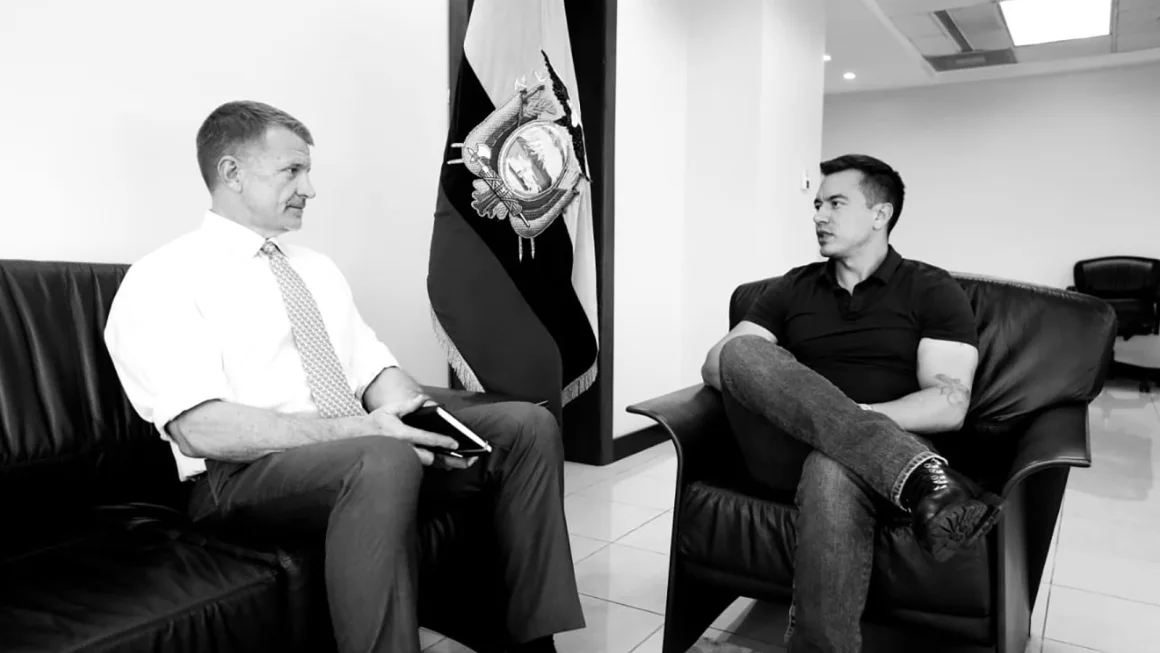
Erik Prince, the controversial founder of Blackwater and longtime ally of Donald Trump, is mounting a major comeback. He has secured a new deal to “protect” the Democratic Republic of Congo’s (DRC) lucrative mineral sector and is pitching a privatized prison complex in El Salvador that critics say echoes Guantanamo Bay.
In a letter dated Feb. 8, 2025, Congolese President Félix Tshisekedi proposed that, in exchange for U.S. military support to combat a rebel insurgency, the Democratic Republic of Congo would grant lucrative mining contracts to the United States. This proposal aligned with the Trump administration’s recent initiative to establish a sovereign wealth fund aimed at investing in strategic sectors, including critical minerals.”
Tshisekedi was simultaneously holding negotiations with Princ aimed at allowing his private firm to tax and “secure” the DRC’s mineral wealth. Reuters recently confirmed that a deal has been reached.
While the letter did not specify the type of military support Tshisekedi was seeking, the exchange on offer would open up Congolese reserves of cobalt, lithium, copper, and tantalum—critical components in high-tech manufacturing—to U.S. firms. The proposal aligned closely with Trump’s “Stargate” initiative, a $500 billion joint high-tech investment launched at the start of his new term.
On his podcast “Off Leash” earlier this year, Prince declared: “It’s time for us to just put the imperial hat back on, to say, we’re going to govern those countries.” He added, “You can say that about pretty much all of Africa; they’re incapable of governing themselves.”
A Legacy of Violence
Prince rose to prominence during the George W. Bush administration, when his firm Blackwater became a central part of U.S. military operations in Iraq. The company was so deeply embedded that it was sometimes called the private wing of the U.S. military. Blackwater was later implicated in a CIA assassination program.
But the firm’s reputation was irreparably damaged after the 2007 Nisour Square massacre, in which Blackwater personnel killed 17 Iraqi civilians. The incident stands as one of the grimmest examples of the Iraq War’s failures. A federal jury found several of the mercenaries guilty of murder in 2014. Trump pardoned them in 2020.
Through the Obama years, Prince faded from public view. Tainted by Blackwater’s legacy and the fallout from the Nisour Square massacre, he struggled to regain his former influence. But his alignment with Donald Trump and the Republican Party opened the door to a new round of ambitious proposals.
That resurgence was soon complicated by a fresh scandal. In 2021, Prince was accused of violating a United Nations arms embargo by aiding Libyan warlord Khalifa Haftar—a scandal that derailed his efforts to regain a foothold in Washington. A U.N. report alleges that Prince provided military support to Haftar, including weapons, aircraft, and proposals for a mercenary operation known as “Project Opus.”
Despite the setback, Prince is forging ahead, emboldened by Trump’s return to power. A 26-page plan he pitched to the Trump team outlines a $25 billion private deportation force capable of deporting up to 600,000 people per month.
Another recently leaked proposal reveals Prince’s plans to build a mega-prison in El Salvador, partially under U.S. jurisdiction and shielded from legal oversight. Though framed as a tool for deporting undocumented immigrants, concerns grew after Trump was caught on a hot mic telling President Bukele, “The homegrowns are next.”
Around the same time, the Trump administration began instructing immigration officers to flag “antisemitic” social media content as grounds for denial or removal. Civil liberties groups warn that such policies are already being used to suppress pro-Palestinian speech. Taken together, Prince’s prison and Trump’s crackdown suggest a terrifying possibility: that political expression—particularly criticism of Israel—could land people in offshore detention.
Former Blackwater CEO Erik Prince wants US taxpayers to fund privately run deportation camps in El Salvador.
No legal challenges, no due process, no accountability.
Hiring private companies is a key way the US evades oversight and accountability for human rights abuses. pic.twitter.com/BBuDKrkp36
— CODEPINK (@codepink) April 18, 2025
Human rights groups have already raised concerns about potential violence, overcrowding, and abuse at the proposed facility. The comparisons to Guantanamo Bay have sparked widespread alarm online, though no official announcement has indicated that the plan will move forward.
Meanwhile, the agreement with the DRC is already underway. Prince has previously voiced frustration that U.S. military intervention did not come sooner during the 1994 Rwandan genocide, when hundreds of thousands of Tutsis were massacred. That conflict ended with the fall of Rwanda’s Hutu-led government and the rise of President Paul Kagame, a Tutsi.
Now, as the Tutsi-led M23 rebel group advances across eastern Congo—a movement the United Nations accuses Rwanda of supporting—Prince finds himself profiting from a crisis rooted in the very conflict he once lamented.
Feature photo | Erik Prince meets with Ecuadorian President Daniel Noboa in Quito, Ecuador, on March 11, 2025. The image was shared on Noboa’s official X account. Daniel Noboa | X
https://libya360.wordpress.com/2025/04/ ... ik-prince/
